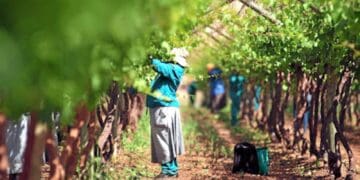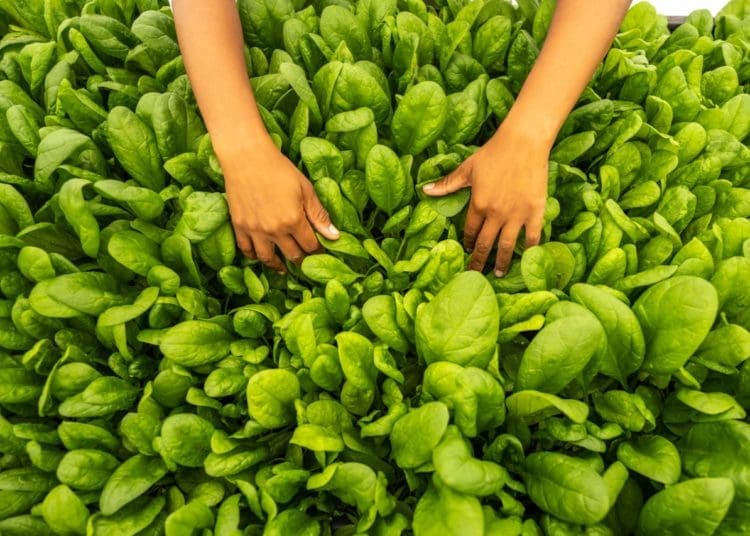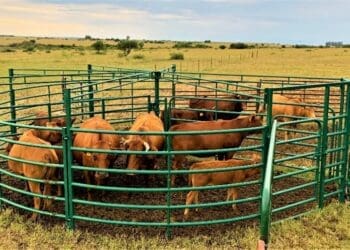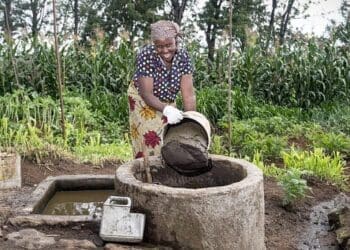By Noko Mashilo
SMMEs, small-scale farmers, and market agents continue to face mounting challenges at fresh produce markets, including limited access to infrastructure, financial constraints, and market dynamics favouring larger players. This is contained in the Competition Commission’s final report on National Fresh Produce Markets, which was recently released.
The report underscores the need for targeted interventions to promote fair competition, improve market access for smaller participants, and ensure equitable opportunities within the fresh produce value chain. The Fresh Produce Market Inquiry (FPMI) pinpointed two primary obstacles for SMMEs and historically disadvantaged farmers: quality standards and high market concentration.
Commercial farmer Matome Mokgobu of Mosibudi Farming in Gemarke village in Limpopo advised small-scale farmers to take their goods to fresh produce markets if they did not have the required quantity. “It is a total loss to most of us because we pay for transport and agents. In the end, we cannot cover our production costs. Small-scale farmers must have their own transport, infrastructure, quantity and quality produce, and proper packaging. Otherwise, taking to the market is a loss,” said Mokgobu.
Regarding quality standards, the report distinguished between legislated standards, which focused on food health and safety, and Good Agricultural Practice (GAP) standards, which encompassed environmental sustainability, economic viability, and social acceptability. It found that the mandatory requirement for Global GAP certification, without retailer support through supplier development programmes, limited competition and market access for SMME and historically disadvantaged farmers.
On the issue of high market concentration, the FPMI noted that supermarket retailer dominance and exclusive leasing practices in shopping centres restricted competition by excluding smaller challenger retailers. The limited meaningful entry by smaller players continued to distort competition, as did the slow progress in implementing previous recommendations, such as those prohibiting exclusive leases.
The report also highlighted other challenges, including the decline in Land Bank funding, delays in implementing the blended finance scheme, and slow water licence processing, all of which disproportionately affected SMMEs and farmers. To address these challenges, the FPMI recommends that the South African Property Owners Association (SAPOA) promote initiatives to enable new retailers to enter the formal fresh produce market.
Strategic property owners such as Accelerate Property Fund, Hyprop Investment, and Old Mutual Property should allocate vacant retail space to SMMEs under commercially reasonable terms. But small-scale vegetable farmer Pretty Mojela from Lephalale in Limpopo lamented that recommendations from such reports were presented but never executed. “As one of the small-scale farmers, we are not recognised, and a lot of support is given to big farmers. There is less marketing for us as compared to the big giants. How can we uplift the economy if we do not have support?” asked Mojela


























































